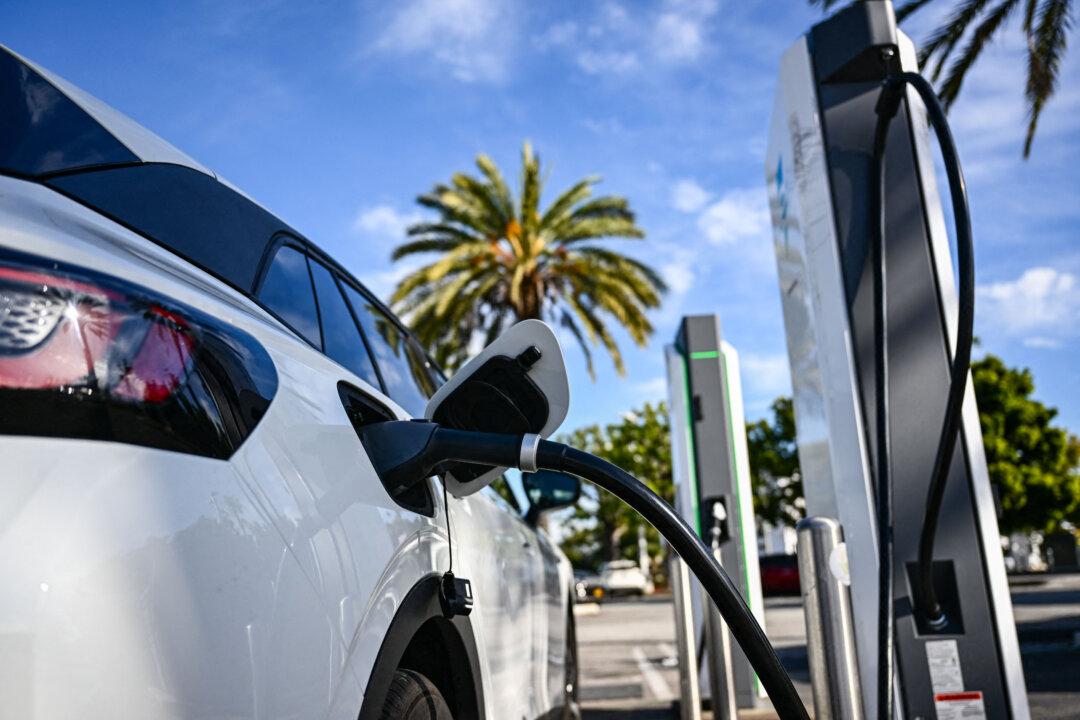The U.S. Department of Treasury has announced that over $2 billion in taxpayer-funded electric vehicle (EV) tax credits have been provided to consumers since the beginning of the year, as part of the Biden administration’s electrification push.
The subsidies, delivered as tax credits of up to $7,500 for new EVs and $4,000 for used models, have played a role in the purchase of over 300,000 battery-electric, plug-in hybrid, and fuel-cell vehicles so far this year, according to an Oct. 1 statement from the Treasury Department.





